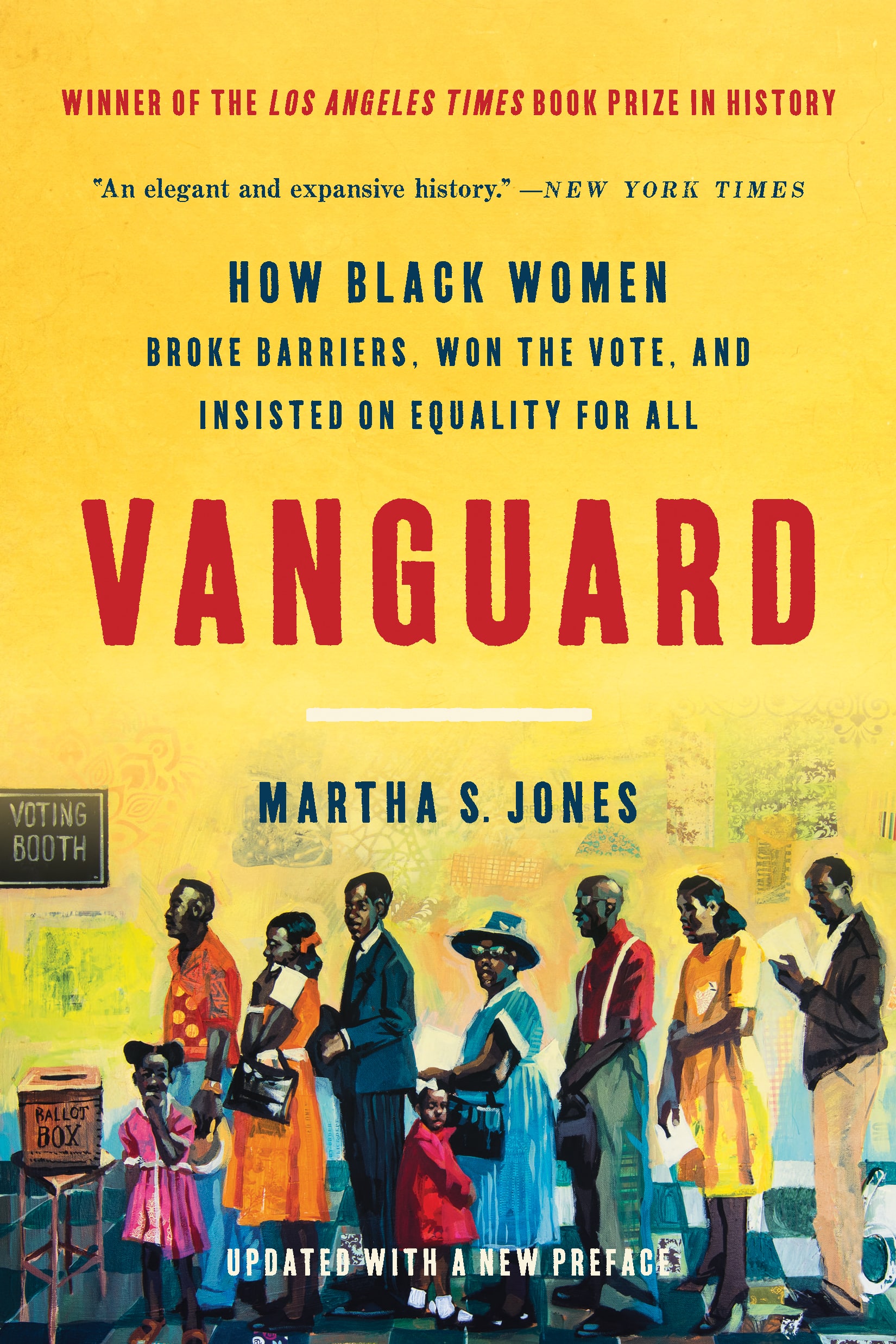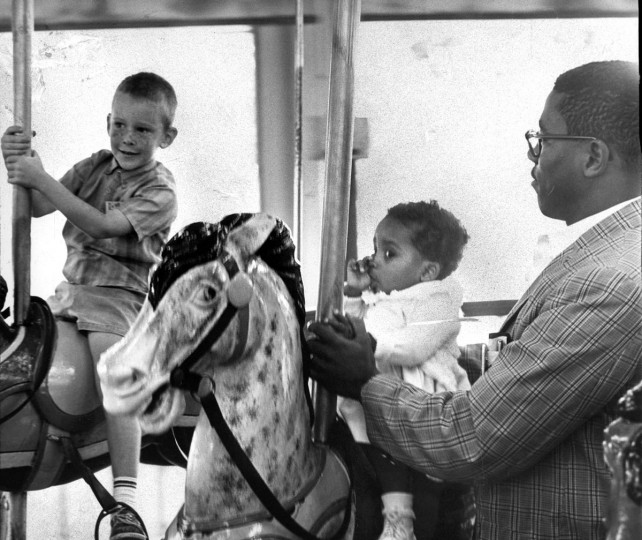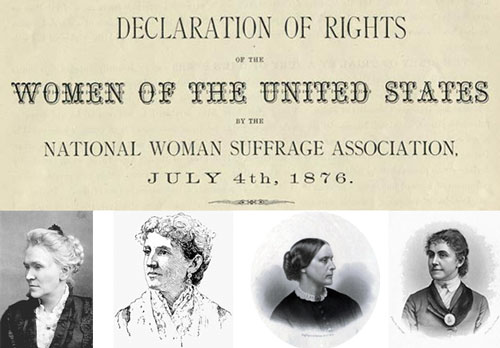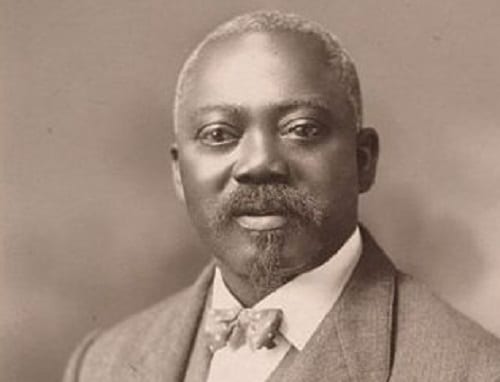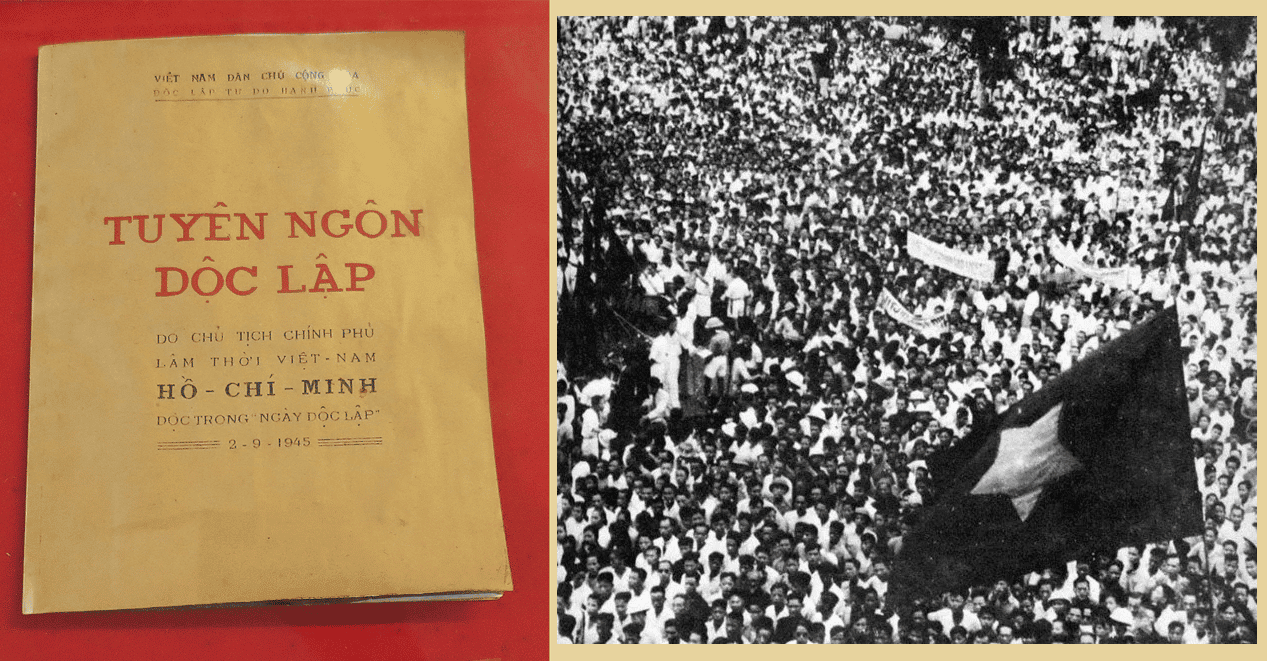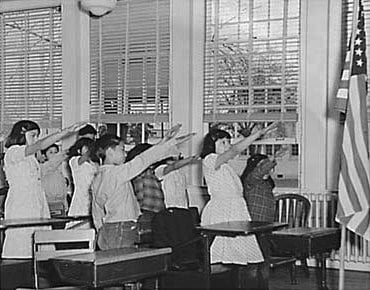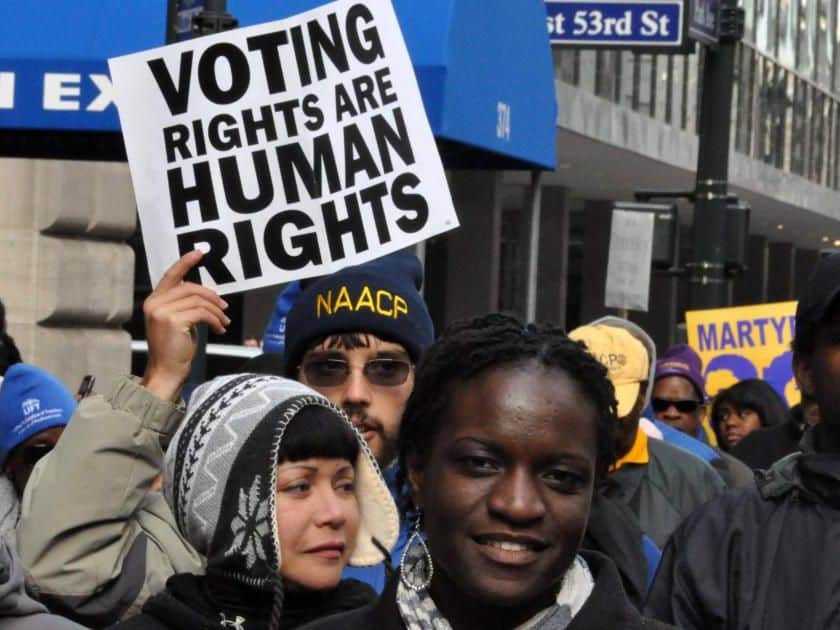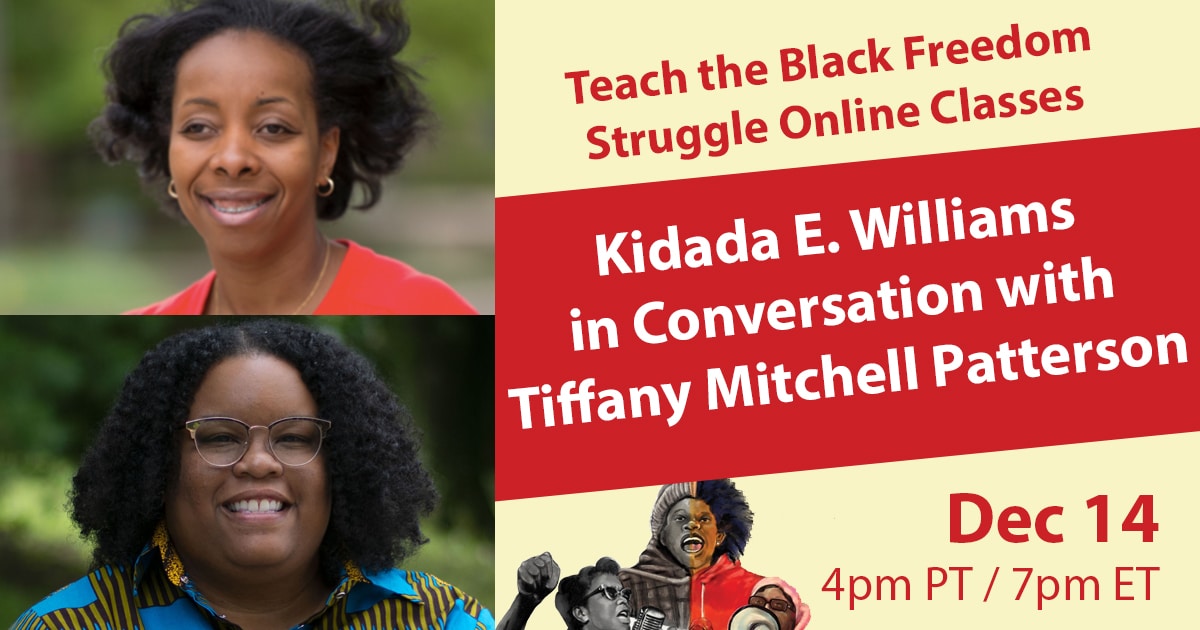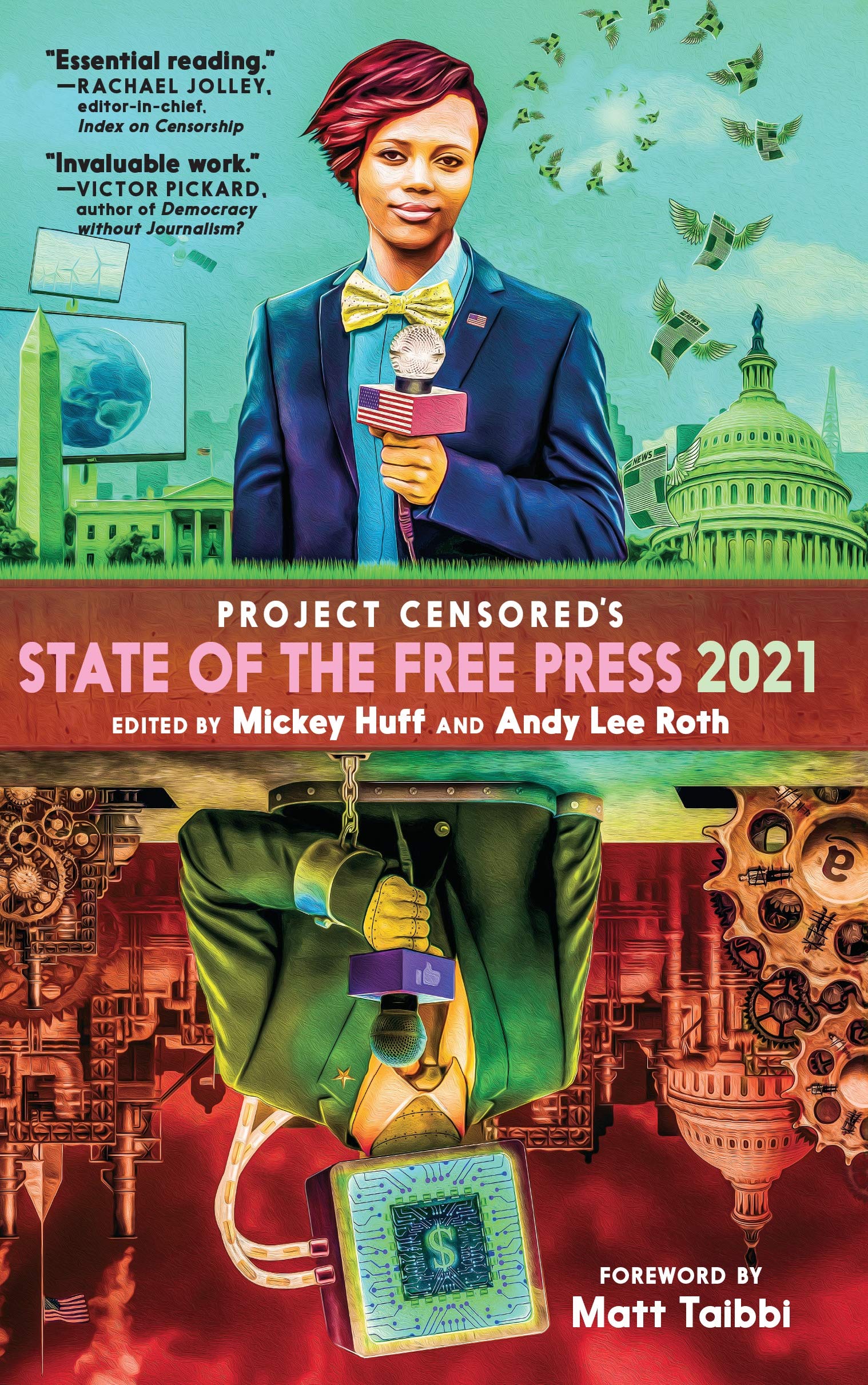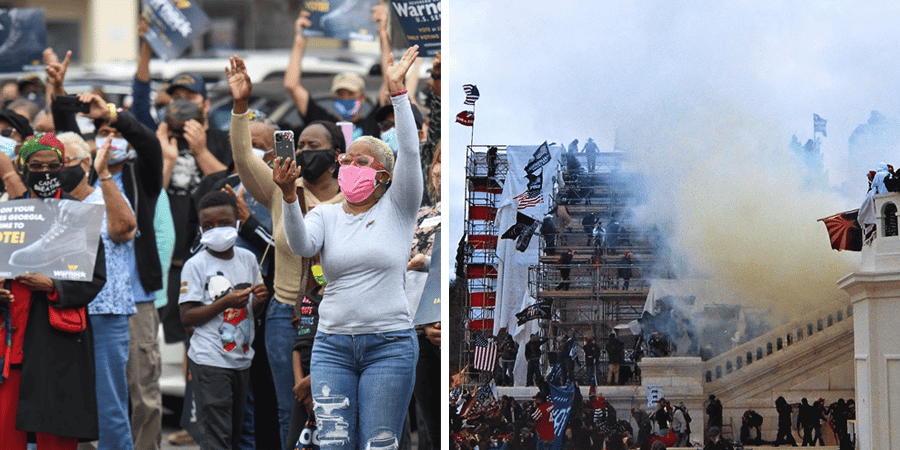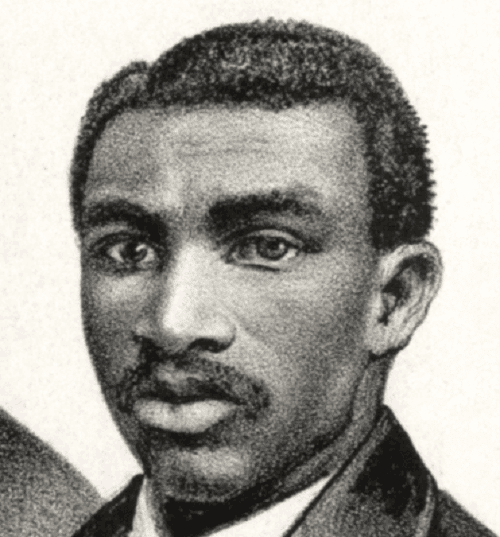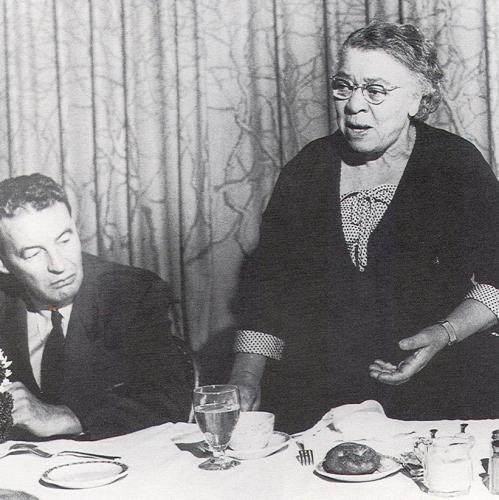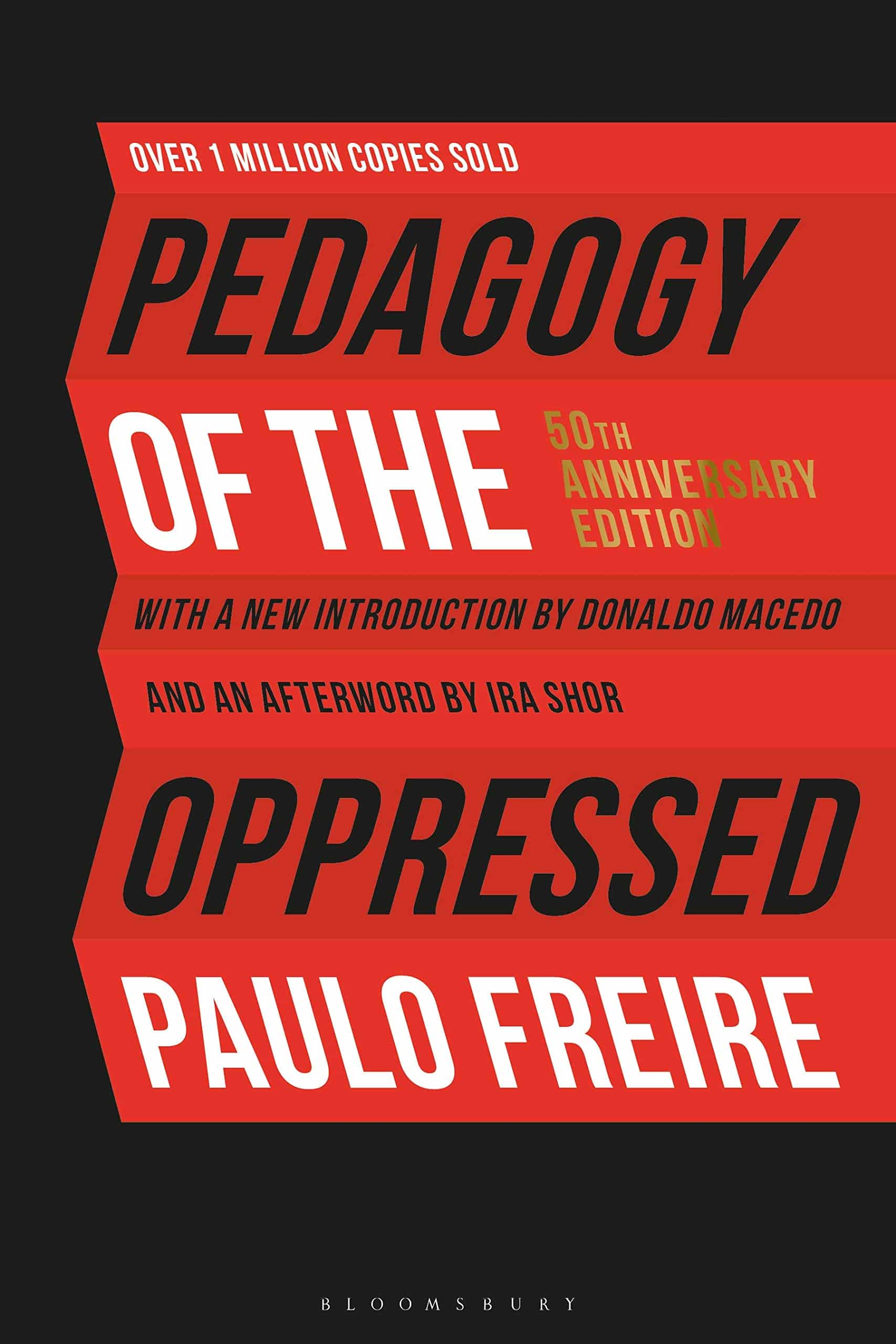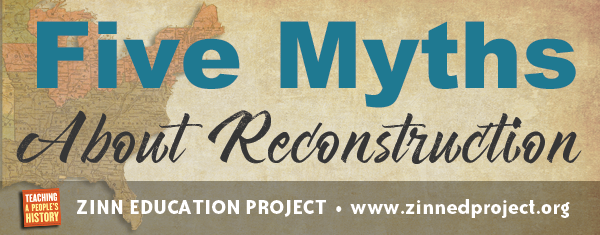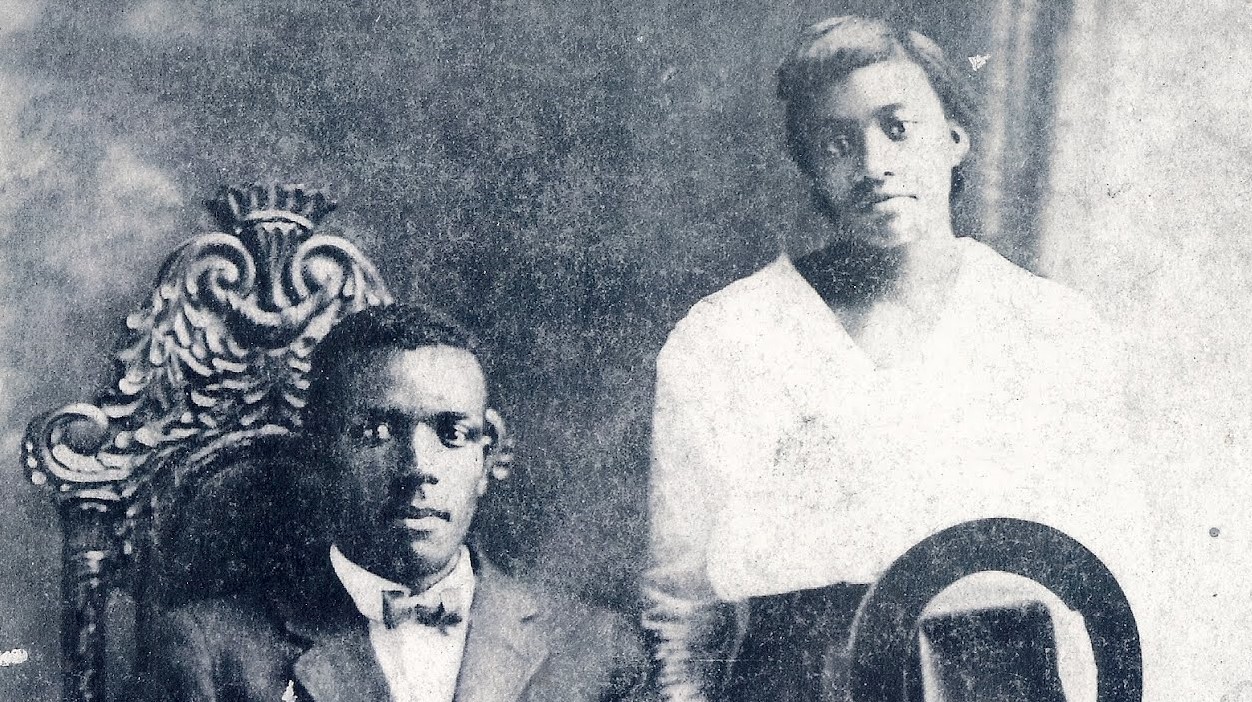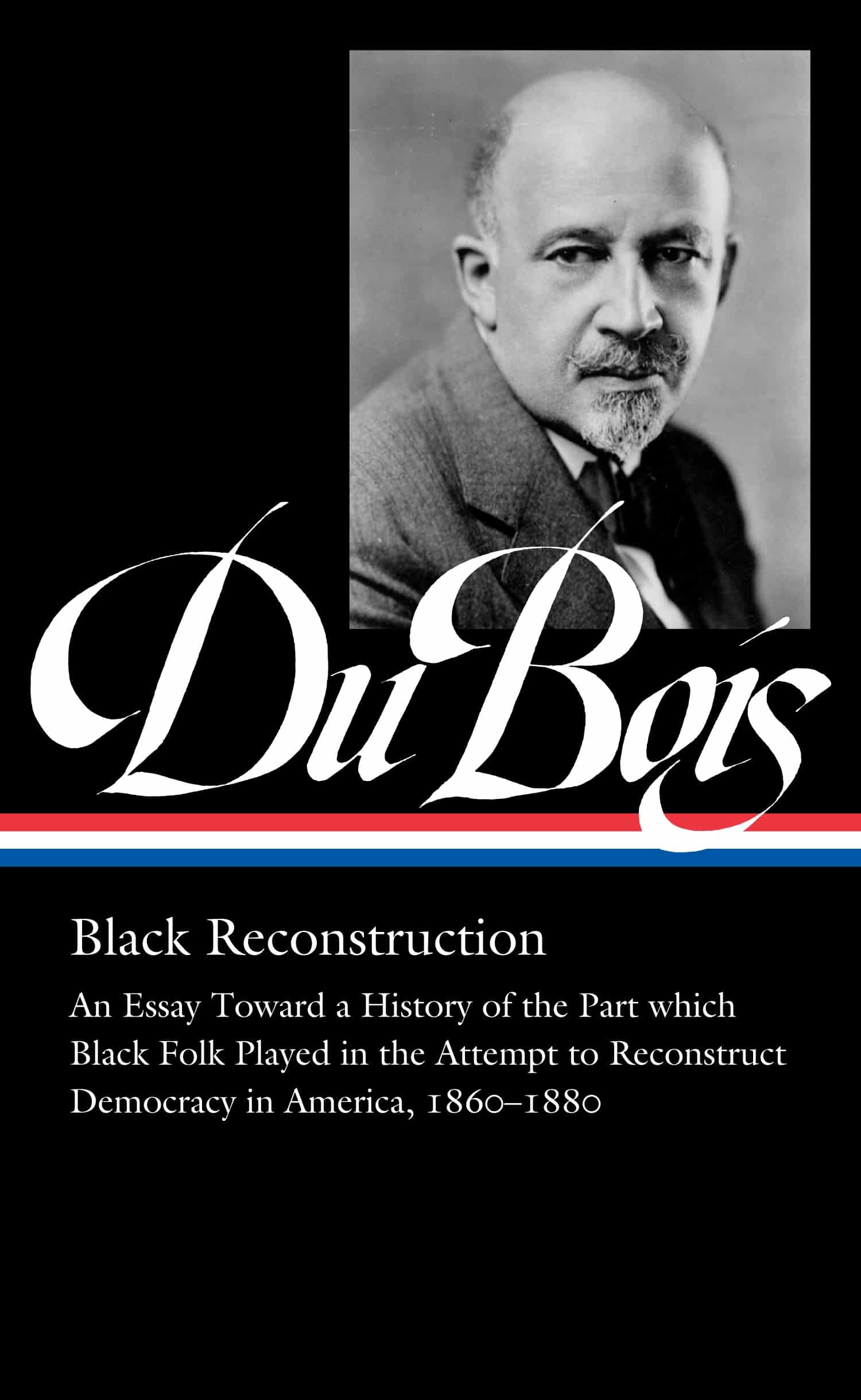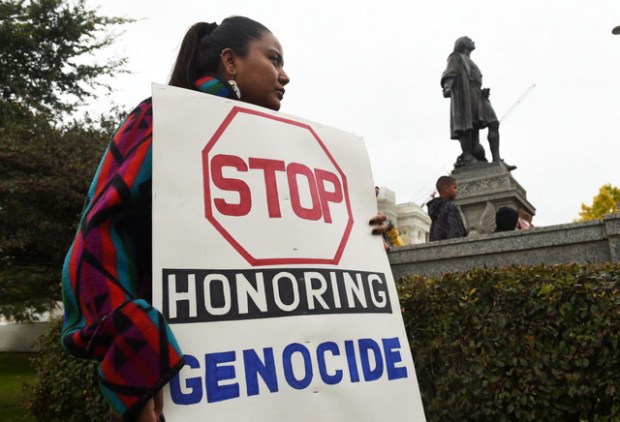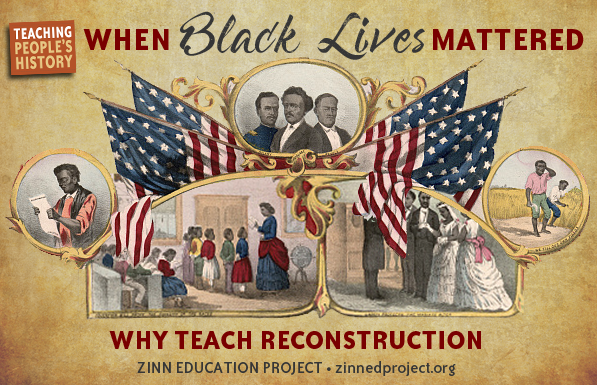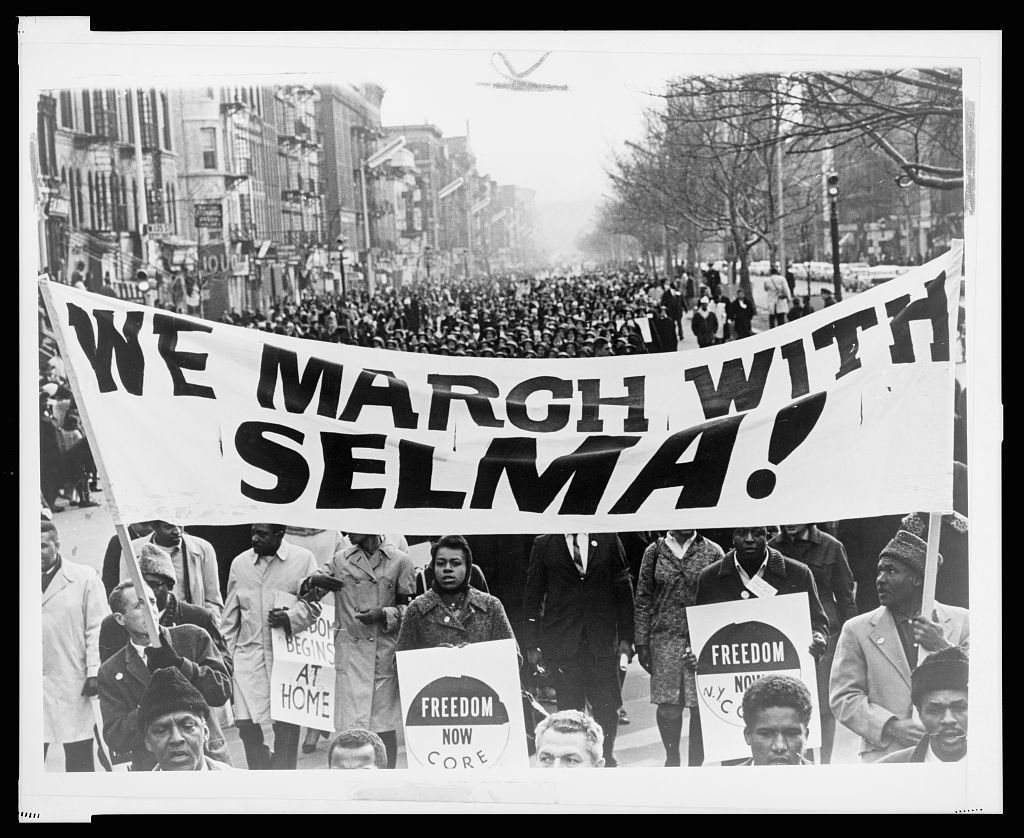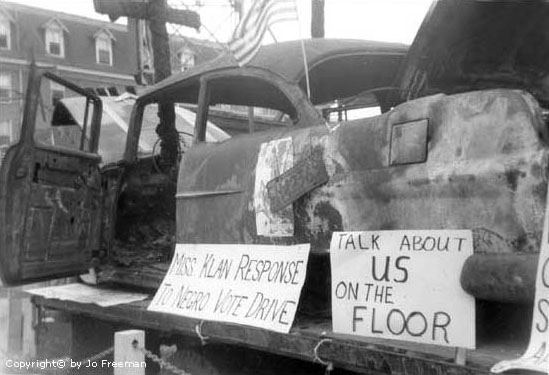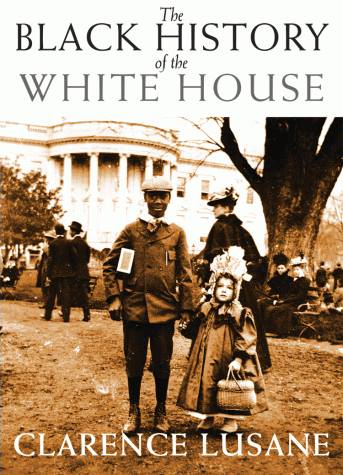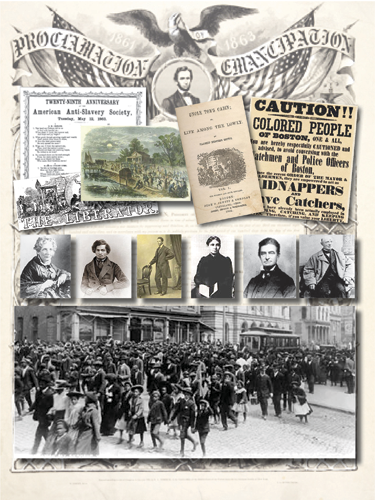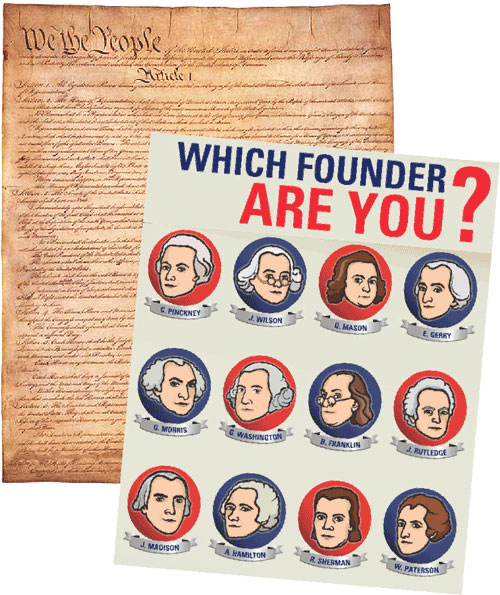Book — Non-fiction. By Martha S. Jones. 2021. 368 pages.
This book excavates the lives and work of Black women from the earliest days of the republic to the passage of the 1965 Voting Rights Act and beyond.
Continue reading
Hundreds of civil rights demonstrators amassed on Gwynn Oak Amusement Park in Baltimore, Maryland, to protest the park’s segregation policy.
Continue reading
Members of the National Woman Suffrage Association crashed the Centennial Celebration at Independence Hall in Philadelphia, Pennsylvania, to present the “Declaration of the Rights of Women.”
Continue reading
A volunteer infantryman performed an act of courage that was the earliest event to earn an African American soldier the Medal of Honor.
Continue reading
Here are resources to help students probe the roots of U.S. involvement in Vietnam and the impact of the Vietnam War — which the Vietnamese rightly call “The American War” — and resistance to the war.
Continue reading
Mississippi Gov. Tate Reeves' state budget proposal include three million dollars for a “Patriotic Education Fund,” which argues that "the United States is the greatest country in the history of the world."
Continue reading
In a people's history online class, Professor Kidada Williams and Tiffany Mitchell Patterson discussed African American survivors of racist violence in the context of Reconstruction, drawing parallels to the contemporary moment.
Continue reading
Book — Non-fiction. Edited by Mickey Huff and Andy Lee Roth. Forward by Matt Taibbl. 2020.
The news-monitoring group Project Censored offers a succinct and comprehensive survey of the most important but underreported news stories of 2020.
Continue reading
How to contextualize and frame the two major political events of Jan. 6, 2021: An historic grassroots organizing victory in Georgia and an attempted coup at the U.S. Capitol.
Continue reading
President Ulysses S. Grant signed into law the third of the Enforcement Acts, a Reconstruction-era bill that empowered the federal government to intervene when the 13th, 14th, and 15th Amendments are violated.
Continue reading
California newspaper owner and anti-Klan activist Charlotta Spears Bass became the first African American nominated to be a U.S. political party's vice-presidential candidate.
Continue reading
Book — Non-fiction. By Paulo Freire. 1968; republished in 2000, 2018. 192 pages.
Classic text on critical pedagogy.
Continue reading
Article. By James W. Loewen. 2015.
Overview of five common fallacies that Americans still tell themselves about the Reconstruction era.
Continue reading
Lamar Smith, 63-year-old farmer and WWI veteran, was shot dead in Brookhaven, Mississippi, for urging African Americans to vote.
Continue reading
Book — Non-fiction. By W. E. B. Du Bois. Edited by Eric Foner and Henry Louis Gates. 2021. 1097 pages.
Originally published in 1935, Du Bois’ Black Reconstruction was the first book to challenge the prevailing racist historical narrative of the era and in sharp, incisive prose, tell the story of the Civil War and Reconstruction from the perspective of African Americans.
Continue reading

